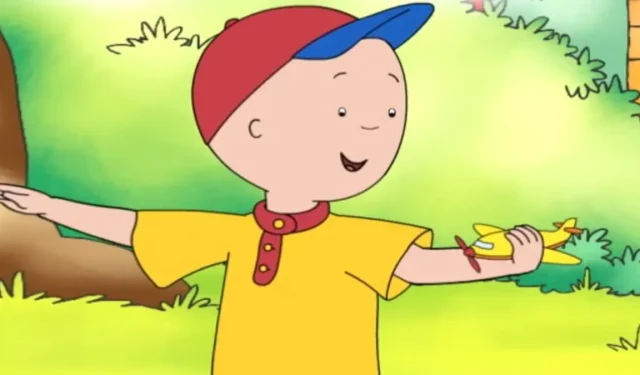
Television often masterfully guides our emotions towards characters, helping us embrace the heroes, despise the villains, and merely accept the supporting roles. Yet occasionally, a character surfaces that ignites intense debate among viewers. Fandoms split, heated arguments arise, and lengthy discussions populate forums. Below, we explore some of the most debated and divisive TV characters in history.
Uncle Iroh (Avatar: The Last Airbender)
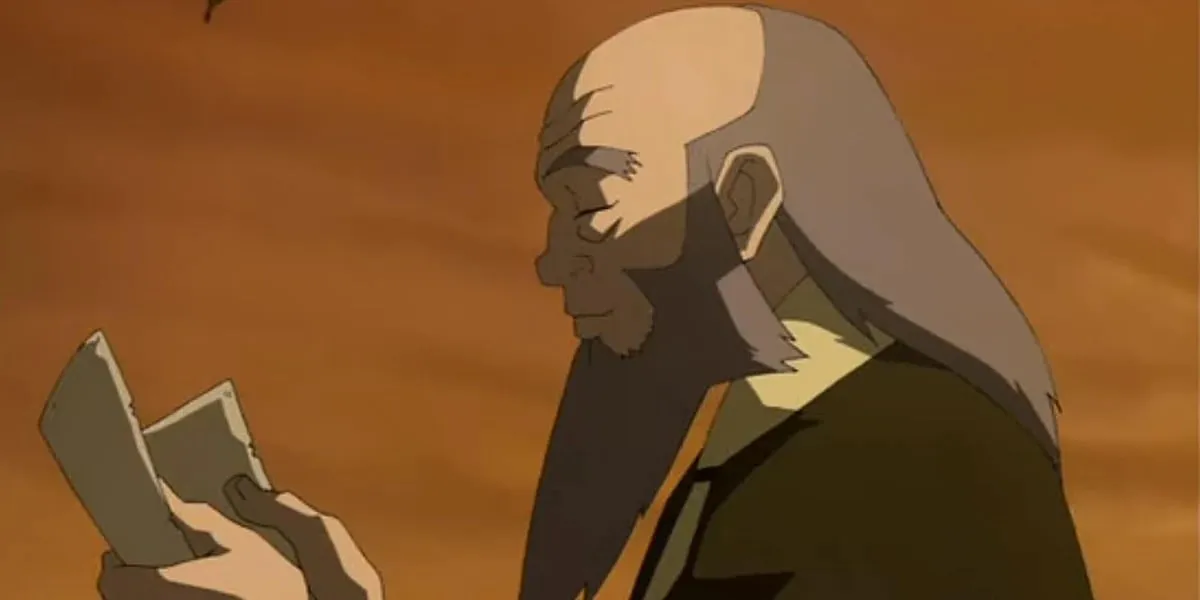
Indeed, Uncle Iroh is a fan favorite, but you might wonder, “How could anyone harbor negative feelings towards such a benevolent character?” While Iroh radiates wisdom and kindness throughout Avatar: The Last Airbender, it is his past—as the Dragon of the West and a general in the Fire Nation Army—that stirs conflict. He played a pivotal role in the invasion of the Earth Kingdom and witnessed the devastation caused to the Air Nomads and the Southern Water Benders. His transformation began only after the tragic loss of his son.
Princess Bubblegum (Adventure Time)
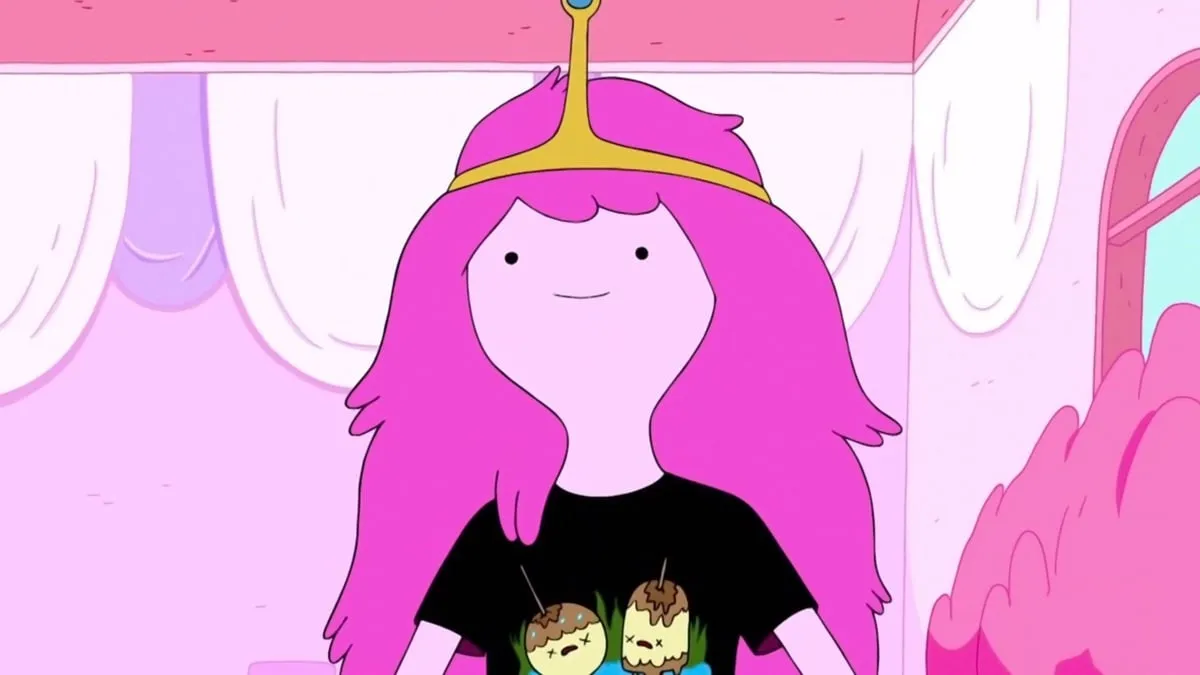
At first glance, Princess Bubblegum from Adventure Time embodies sweetness, but beneath that exterior lies a fierce ruler. Her reign over the Candy Kingdom represents not a democracy, but rather a structured yet oppressive regime. Her scientific pursuits in her quest to create life from candy raise ethical questions, and her relationship with Finn the Human often borders on emotional manipulation, leading fans to question her true intentions.
Eric Cartman (South Park)
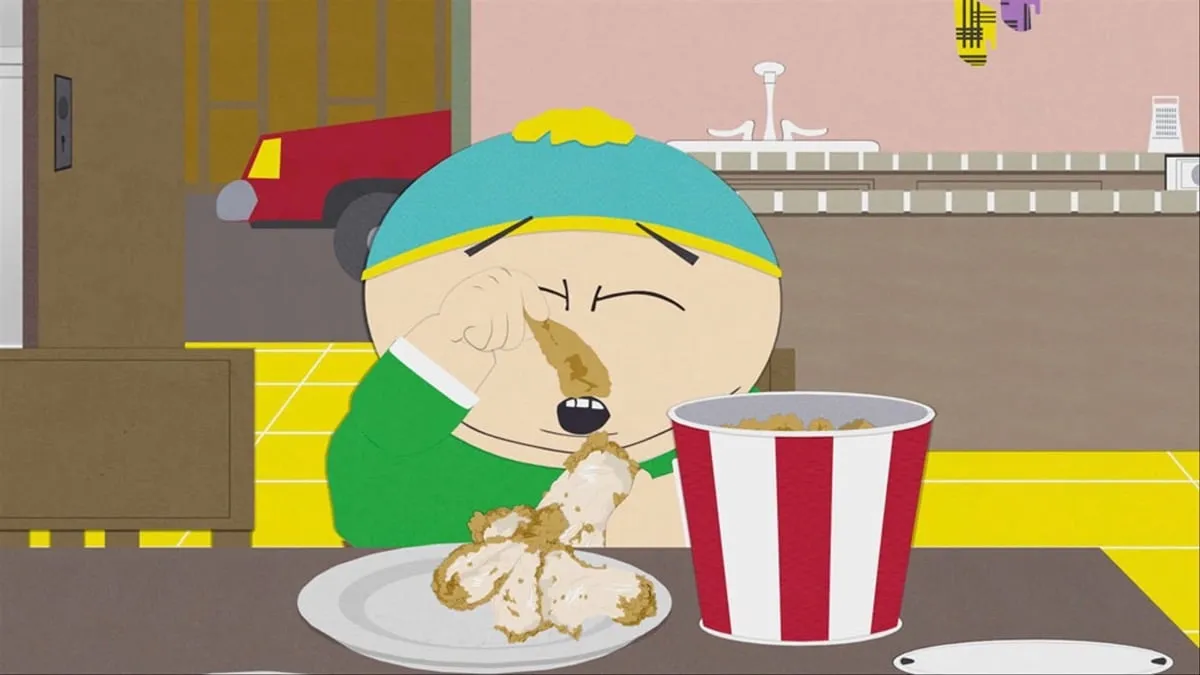
When one thinks of controversial TV figures, Eric Cartman from South Park stands out prominently. A character that embodies bigotry, hate, and viciousness in numerous forms, Cartman’s purpose is often framed as comedic. While South Park has long tackled taboo subjects, it raises the question of whether audiences find his outrageous statements amusing or if they inadvertently resonate with them. Cartman himself seems indifferent to the moral quandaries he instigates.
Rick Sanchez (Rick and Morty)
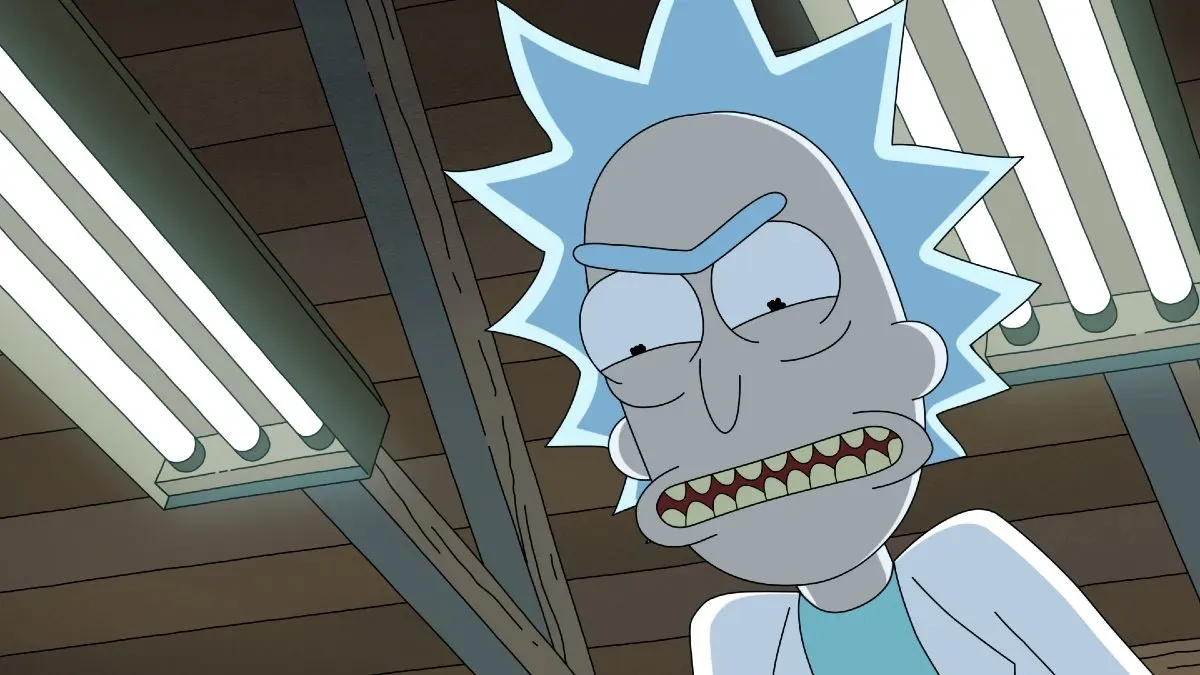
Rick Sanchez from Rick and Morty is often admired for the wrong reasons, much like other flawed icons such as Patrick Bateman from American Psycho. Despite his intelligence and creativity, Rick’s reckless arrogance and detachment have garnered a cult following that sometimes idolizes his worst traits, regardless of the chaos he brings to his loved ones.
Don Draper (Mad Men)
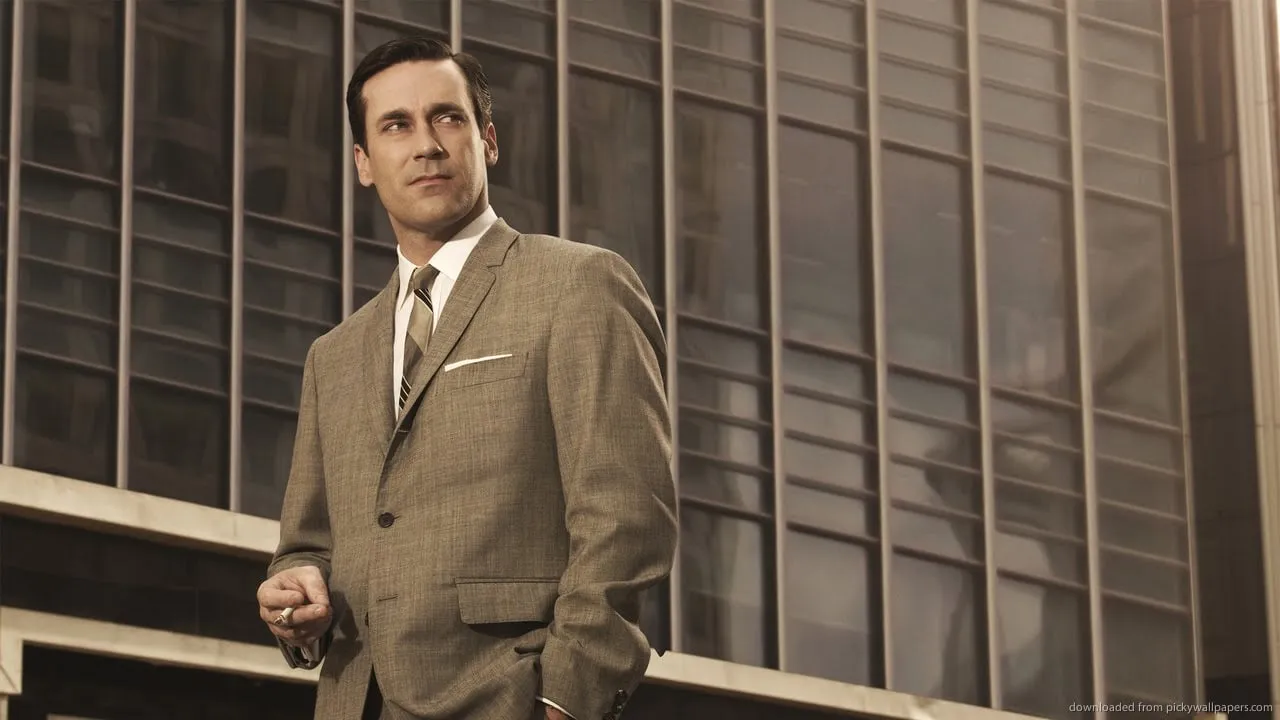
In Mad Men, Don Draper presents a complex portrait of masculinity, evoking both admiration and disdain. While he represents the classic standards of success and charisma, his choices lead to devastation among those around him, illustrating how the pursuit of such ideals can lead to emotional upheaval and personal failure.
Ted Mosby (How I Met Your Mother)
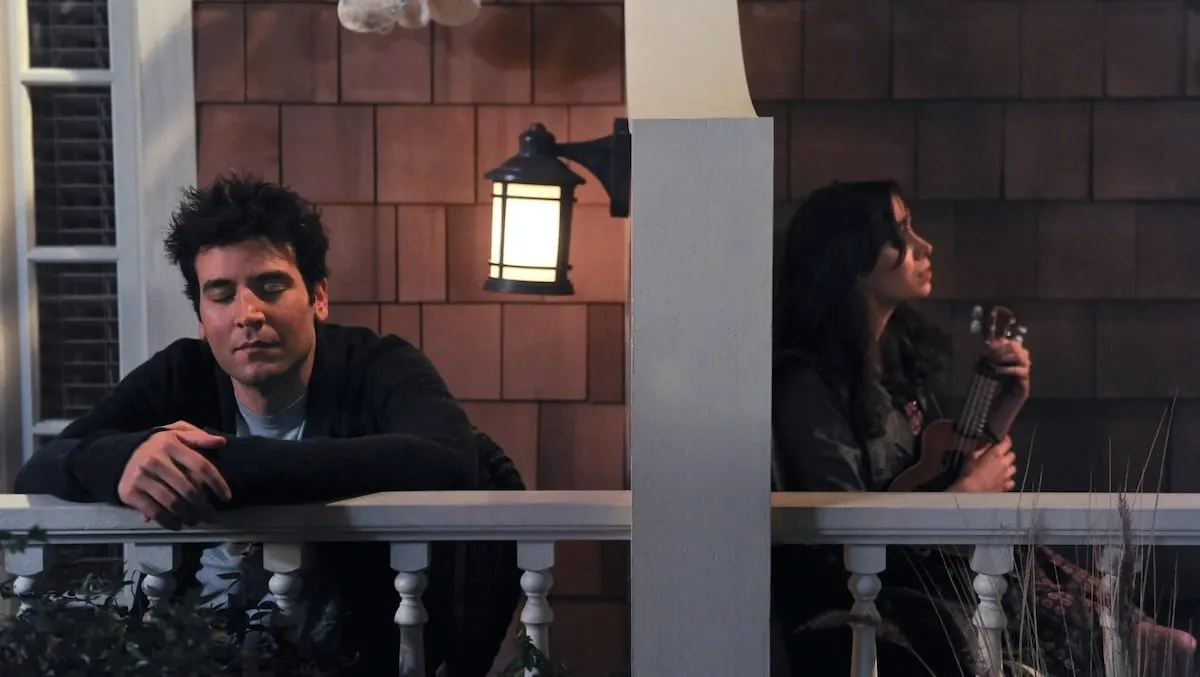
Ted Mosby is arguably one of sitcom history’s most reviled characters. Although portrayed as a romantic lead, he frequently behaves in ways that paint him as the series’ antagonist. His prolonged tale about “how he met their mother” turns tragic as he ultimately pursues relationships that betray his children’s story, exposing his selfishness beneath a romantic facade.
Brock (Pokémon)
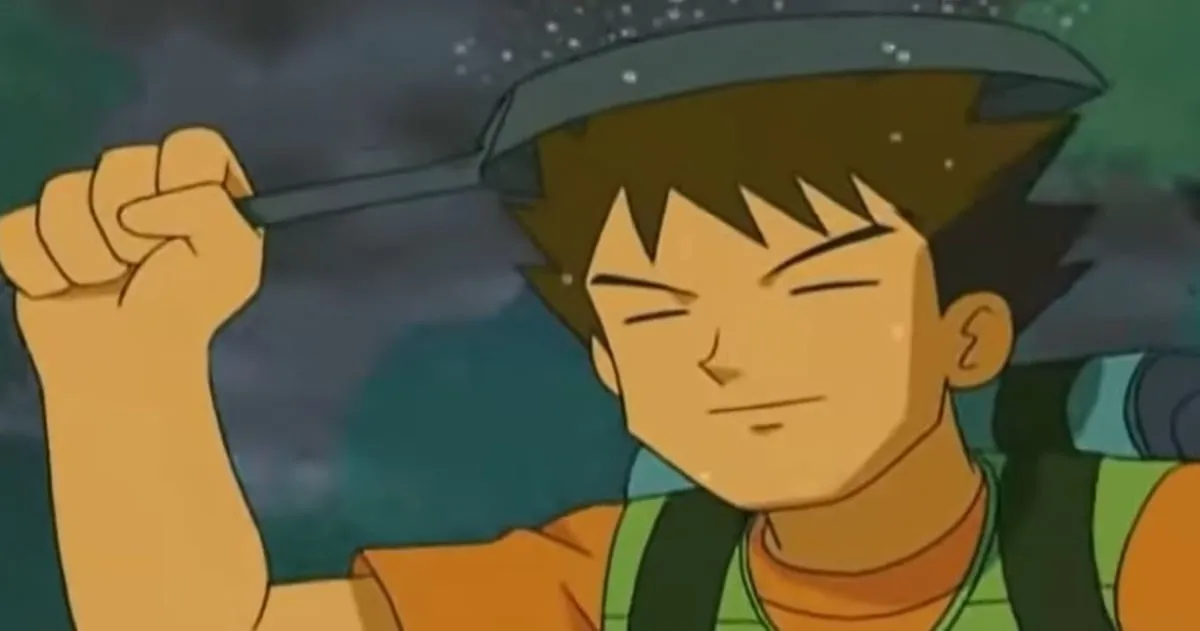
Brock from Pokémon faces critique similar to that of Ted and Don for his relentless pursuit of women, which often overshadows his other admirable traits. Ideally a dedicated gym leader and remarkable chef, his portrayal falls flat when defined mostly by his failures in romance, reflecting a character stuck in an endless cycle of rejection.
Caillou (Caillou)
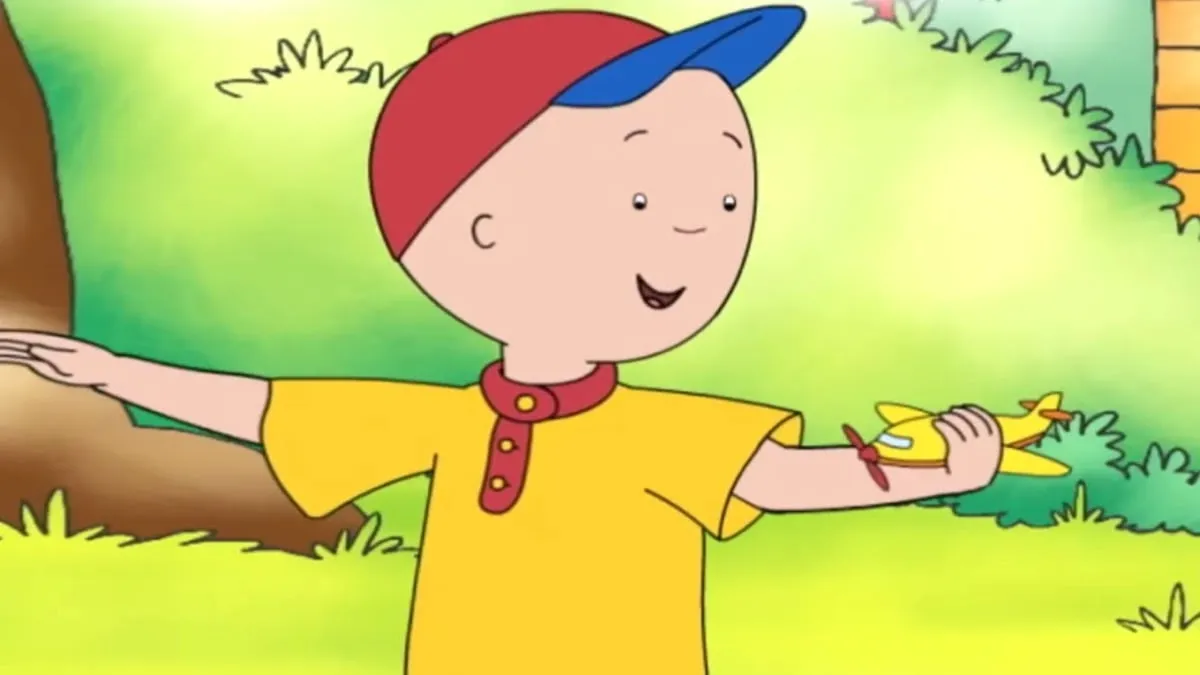
Surprisingly, a four-year-old character like Caillou has garnered a sizable amount of antagonism. A notable Reddit thread critiques him for advocating a lesson that rewards excessive whining and self-centered behavior. His behavior reflects a profound rudeness and entitlement that frustrates audiences and leaves them longing for a more positive role model.
Tom Haverford (Parks & Recreation)
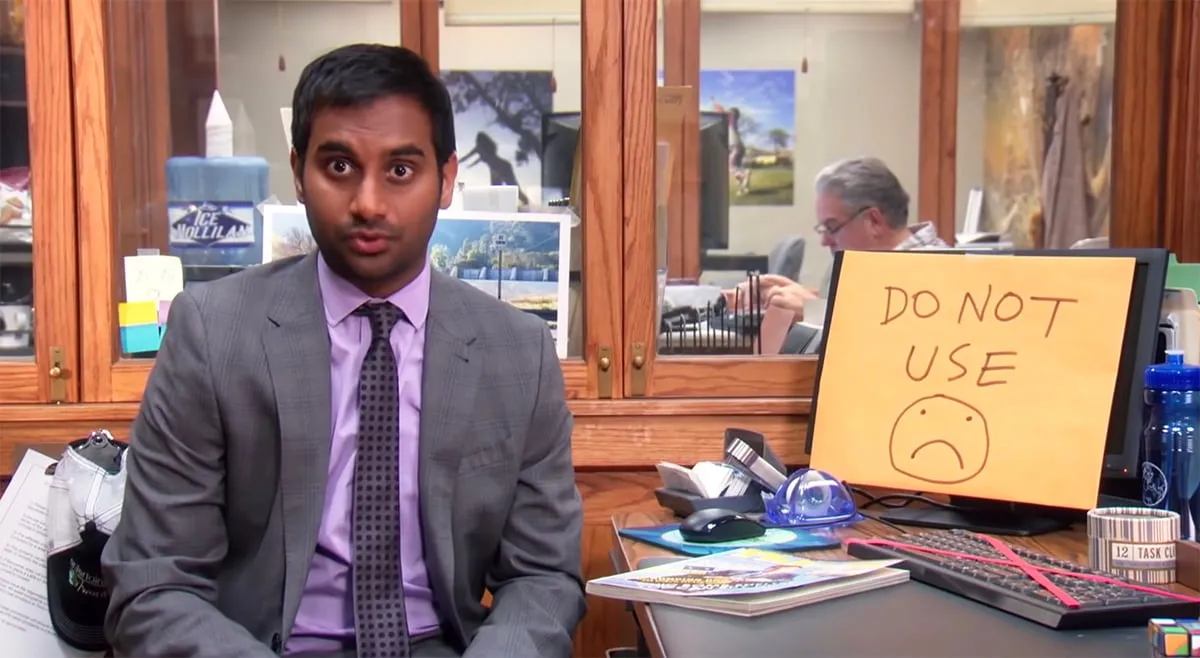
Tom Haverford from Parks and Recreation generates mixed feelings. While he exhibits moments of generosity, his self-centered antics predominantly earn eye rolls rather than admiration. His association with less desirable characters, such as Jean-Ralphio, raises questions about his growth and moral standing throughout the series.
Bojack Horseman (Bojack Horseman)
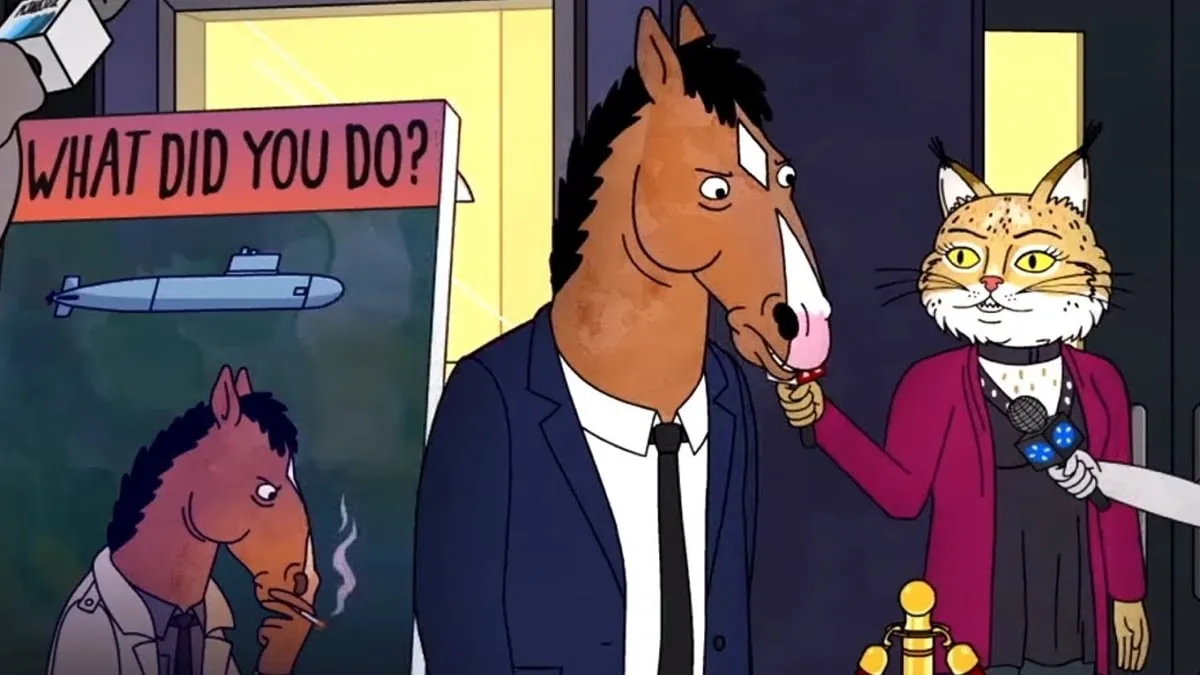
Bojack Horseman represents a complex reflection of personal struggle and moral decay. The narrative centers on his decline as he battles addiction, dragging those around him into his turmoil. His repetitive cycle of wrongdoing followed by hollow apologies invites viewers to scrutinize his flawed character, making the series an unforgettable exploration of human nature.




Leave a Reply